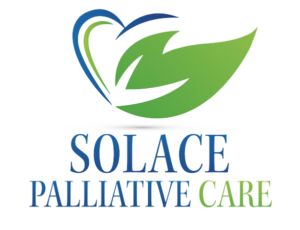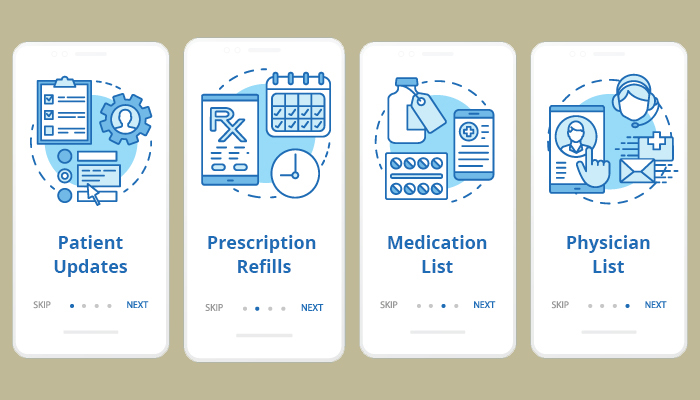
Those who donate organs, eyes, or tissue leave a tremendous legacy, often the gift of life itself: Allowing someone a steady heartbeat. Or the vision to see a grandchild. Or healthy skin to cover a burn or cancer site. National Healthcare Decisions Day (April 16) is when everyone is encouraged to create or update their advance directive. These end-of-life documents include a section for letting family members and healthcare providers know whether you choose to be an organ donor.










